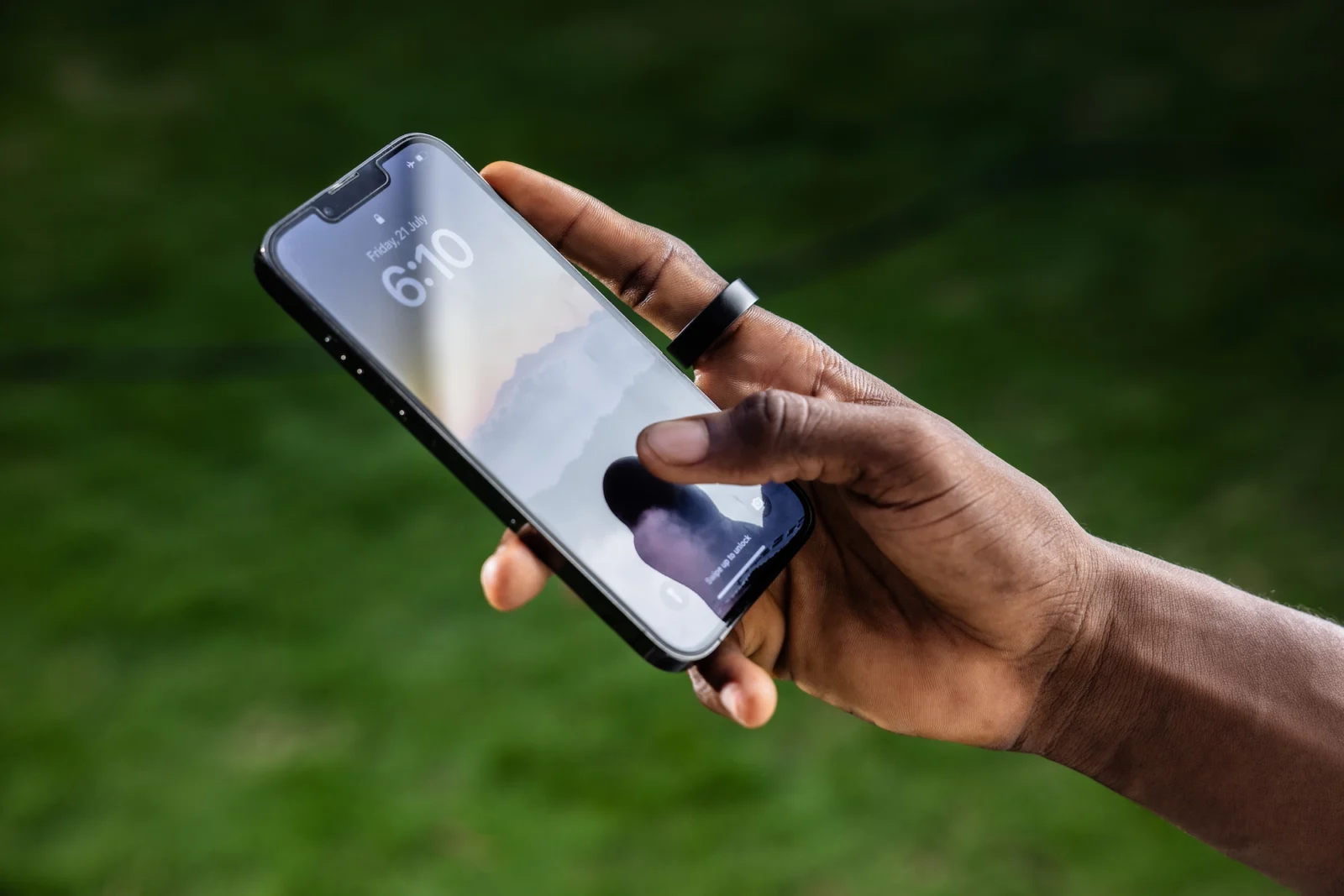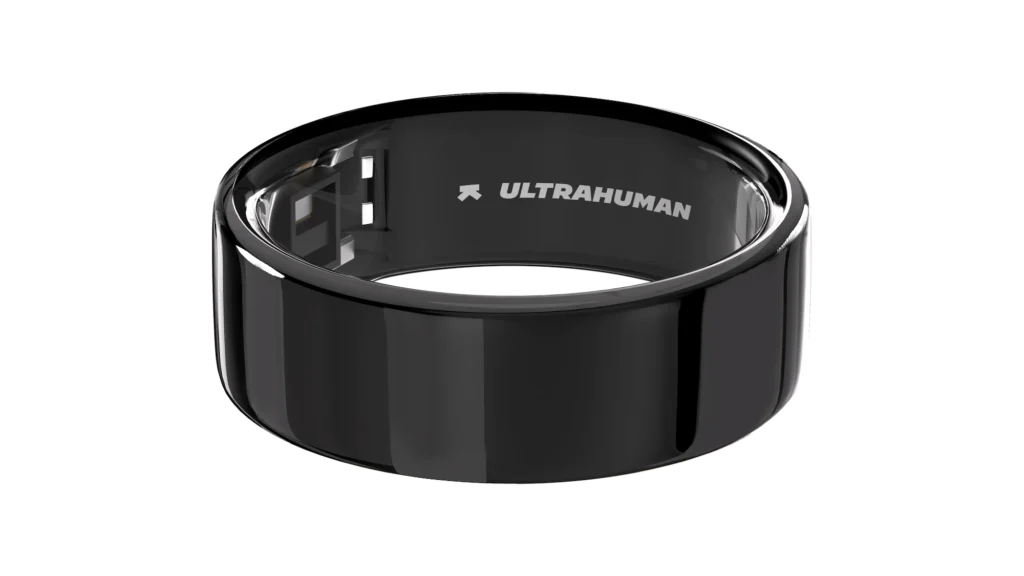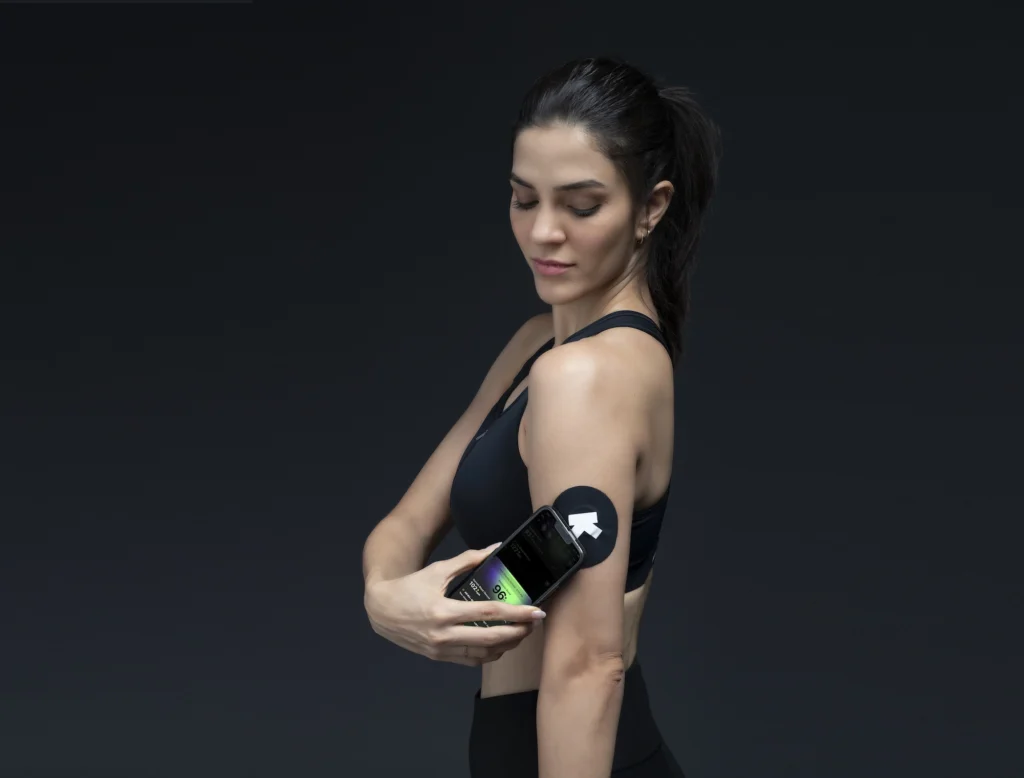Ultrahuman Raises $35M To Disrupt Smart Ring Market

Beyond its flagship ring, the wearable tech company has created a multi-device ecosystem to give users more data points on their health
Ultrahuman, a wearable tech company with products such as a habit-tracking ring, a continuous glucose monitor (CGM) and an upcoming home health device, has secured $35 million in a Series B equity and debt funding round to fuel growth and support advanced research in the health monitoring space.
Emerging technology is making it easier than ever for consumers to take proactive health measures as metabolic health takes center stage, especially with the U.S. Food and Drug Administration clearing the first over-the-counter continuous glucose monitor (CGM) this month.
Ultrahuman, which has expanded into over 150 retail outlets worldwide, says it’s on track to exceed $100 million in annualized revenue run rate by the end of the year — and things are just heating up.
The Bangalore, India-based wearable tech brand plans to expand UltraFactory, its manufacturing facility, to ramp up production of its health-supporting devices.
“Our ability to make long-term manufacturing investments, supported by our profitability, is unique in the smart rings market,” said Mohit Kumar, co-founder of Ultrahuman. He launched the company in 2020 alongside co-founder Vatsal Singhal after being inspired by seeing MMA athletes using data to train and recover.
The Series B round marks a pivotal step forward to dominate the smart rings space, Kumar said, adding that Ultrahuman has the goal of becoming the market leader, with the retail expansion having helped the tech brand reach new audiences.
“Our vision of being the top player in terms of both active devices and geographic presence is within reach, thanks to our rapid expansion and the love we’ve received from our users,” Kumar continued.

The funding round included participation from VC firms Blume Ventures, Steadview Capital, Nexus Venture Partners, Alpha Wave and Zomato founder Deepinder Goyal.
Multi-Device Health
The wearable tech market may be crowded, but the centerpiece of Ultrahuman (and what sets it apart from competitors) is its multi-device health ecosystem — one in which the company says can create a “grand unified view of the human body” by gathering a large set of biomarkers on its integrated platform. It’s a differentiating factor that expands Ultrahuman past the pure smart ring space.
“The future of health is integrated, and at Ultrahuman, we’re making that future a reality today by seamlessly combining various health data streams to empower preventative health and wellness,” Kumar said.
However, smart rings have proven to still be a hot device. Last month, Samsung entered the wearable ring space with its Galaxy Ring to compete with market leader Oura, which itself is signaling the same move as Ultrahuman and deepening its push into the health-tech space.
A crowded space, indeed — and that’s before Apple has even taken a shot at the wearable ring space. Industry experts have anticipated the tech giant joining Oura and Samsung, especially when considering Apple’s patent filings.
Ultrahuman appears to be going beyond wearables, having announced Blood Vision, a blood test that correlates sleep changes, resting heart rate, HRV and movement trends with markers in the blood.
The company provides an example of how it would work, where the system can ascertain how an improvement such as sleep quality may influence an LDL marker — the goal being for users to fully see the connection between their lifestyle habits and their blood markers. Over time, users can track the progression of certain health markers, receiving a true “behind the curtain” look at their health.

Next Up: Healthy Homes
As the at-home environment is predicted to become the epicenter of the wellness real estate market and its projected expansion to $887.5 billion by 2027, Ultrahuman’s upcoming ‘Home’ device perfectly aligns with Global Wellness Summit’s top forecasted trend for 2024.
The silent, low-profile device will soon be available for pre-order and promises to optimize living spaces by monitoring daily markers that impact health — everything from exposure to artificial light, air quality, humidity and noise levels.
Users can also gain insights into snoring and sleep quality and optimize their sleep environment by analyzing external temperature. An airplane mode allows users to shut off wifi and Bluetooth, while a smoke sensor can alert users of a fire.
Courtney Rehfeldt has worked in the broadcasting media industry since 2007 and has freelanced since 2012. Her work has been featured in Age of Awareness, Times Beacon Record, The New York Times, and she has an upcoming piece in Slate. She studied yoga & meditation under Beryl Bender Birch at The Hard & The Soft Yoga Institute. She enjoys hiking, being outdoors, and is an avid reader. Courtney has a BA in Media & Communications studies.



